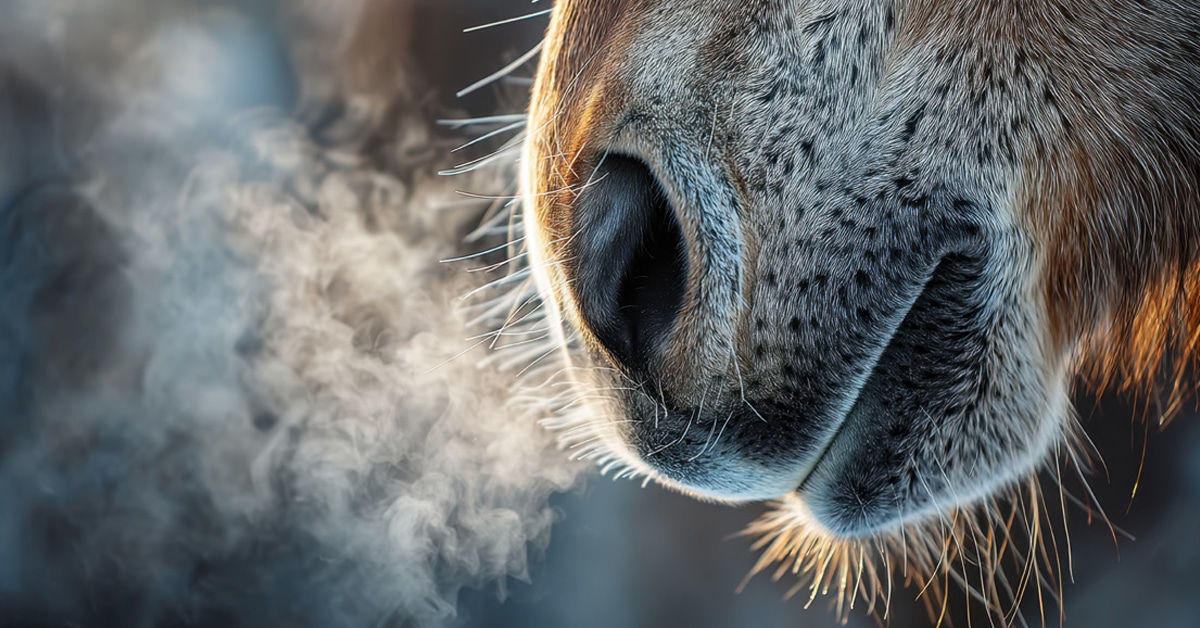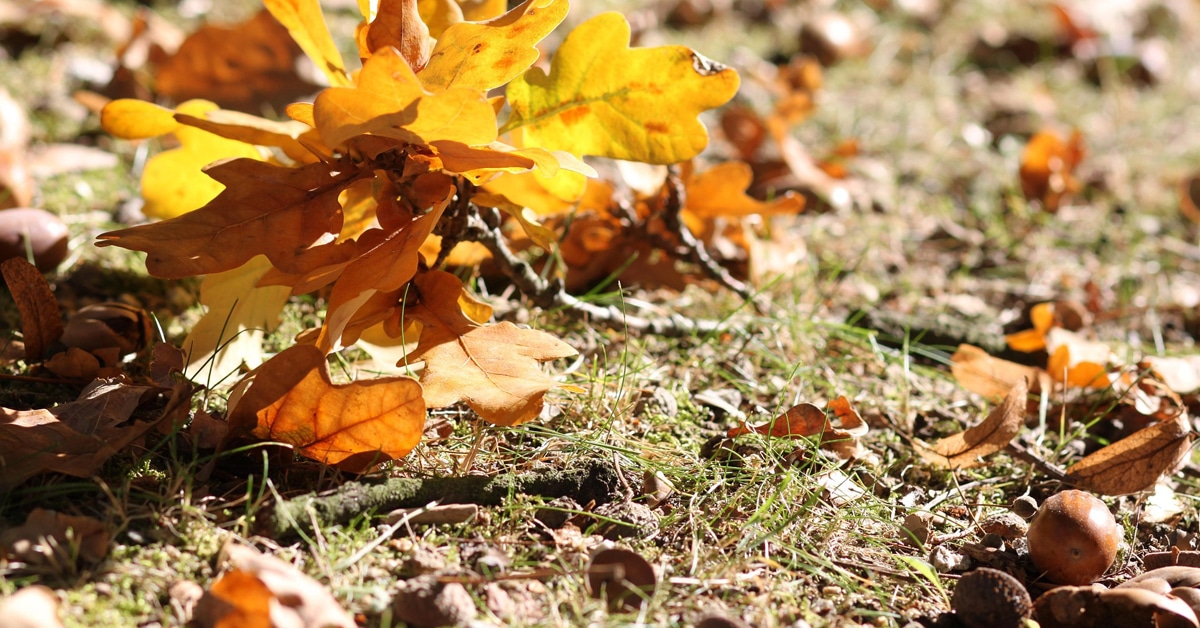Last summer, researchers Dr. Cecilia Hennessy and Kaitlyn Hild of Eureka College’s Science and Mathematics division published the results of a study that pretty much torpedoed all the opossum hype that has been circulating for decades. Previous studies in 2009 on captive Virginia opossums had estimated that adult opossums eat, on average, 5,500 larval ticks per week, making them superheroes in the fight against Lyme disease. “To investigate this apparent preference exhibited by opossums for ingesting ticks, we comprehensively analyzed stomach contents of 32 Virginia opossums from central Illinois,” say the researchers. “We searched the contents exhaustively for ticks and tick body parts … We did not locate any ticks or tick parts in the stomach contents.” That’s right, zero. Nada. Zilch.
How can this be possible? Blame previous lab-based studies. Hennessy and Hild found, “Our search revealed 23 manuscripts that describe diet analyses of Virginia opossums, 19 of which were conducted on stomach or digestive tract contents and four of which were scat-based analyses…. Considering that wildlife unconditioned to laboratory conditions may exhibit non-typical behaviors, we recommend that lab-based studies of wildlife behavior be groundtruthed with studies based in natural conditions.” Basically what they are saying is the reason opossums devoured ticks they arrived with, and were later infested with in the lab, during meticulous grooming sessions is because they basically had nothing else to do ‒ which is not the case when they are busy travelling and scavenging and trying to survive in the wild.
This is not to say that opossums aren’t still cool, funny-looking little animals who perform a valuable service to the environment. The Virginia opossum is the only marsupial found in Canada and resides in rural, suburban and even urban areas of southern and southeastern Ontario, southern Quebec and the lower Fraser Valley in BC. They are harmless and generally shy and act as nature’s ‘clean-up crew’ by eating dead animals and rotting vegetation. Their diet of slugs, snails, toads and snakes can help keep gardens pest-free.
Good to note also that opossums are not considered an important ‘reservoir species’ for allowing the bacterium Borrelia burgdorferi, which causes Lyme disease, to reproduce within and be transmitted to other species, including horses and humans. However, Equine Protozoal Myeloencephalitis (EPM), a neurologic diseases in horses causing incoordination, weakness, spasticity and muscle loss caused by the protozoal organism Sarcocystis neurona, can be transmitted when horses eat feed contaminated with opossum feces.
Opossum fun facts:
- Male opossums (like most marsupials) have a two-headed penis.
- Opossums are immune to a variety of snake venoms
- They can digest almost anything — including carcasses and food waste — without getting sick
- Mama opossums can carry up to 13 babies in their pouch
- Rabies is extremely rare in opossums, possibly due to their lower body temperature compared to other warm-blooded animals
- They are incredibly agile with sharp claws, opposable thumbs on their hind feet, and a prehensile tail
- Possums will growl, hiss, belch and urinate when threatened.
- ‘Playing Possum’ is a real, involuntary reaction similar to fainting that causes the opossum to seize up, bare its teeth, foam at the mouth, and produce foul-smelling fluids from its anal glands
The Latest









